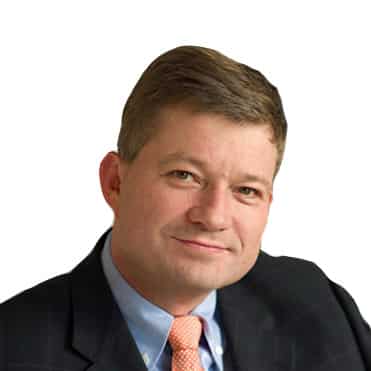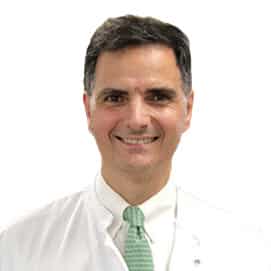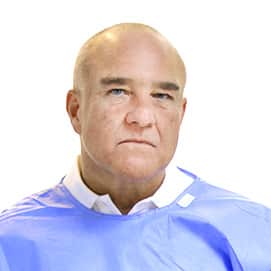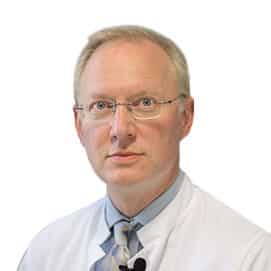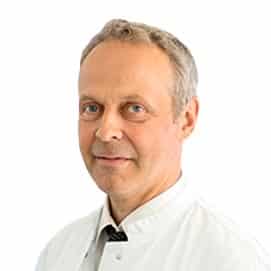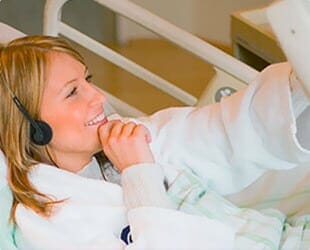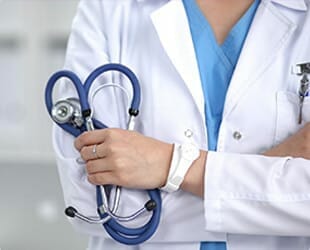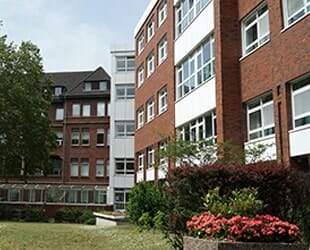Since the introduction of cisplatin-based chemotherapy, testicular cancer has been one of the most treatable cancers: in the early stages of the disease (N0-N2) in 90 - 98% patients, long-term recovery can be achieved.
Unfavorable results in patients with advanced tumors. But even in these cases, the possible percentage of recovery is up to 70%. The treatment is correspondingly more intensive and associated with greater side effects.
It is recommended for young men to donate sperm to a sperm bank before starting therapy that jeopardizes fertility. In it, the sperm is frozen (cryopreservation), stored and can, if desired, be thawed and used again to have children. Ask your doctor about this possibility. Large testicular cancer centers have many depots for storing frozen sperm.
Basically it is possible to replace the removed testicle with a prosthesis. Such a prosthesis looks like a healthy testicle and feels the same way. When installing the prosthesis, an inflammatory reaction or a rejection reaction may occur. These problems are disappearing due to the use of improved materials. If you are interested in the implantation of a testicular prosthesis, please contact your doctor. He will inform you and give you advice. A survey of patients at a testicular cancer center showed that patients who decide not to have a testicular prosthesis are just as satisfied as those who decide in favor of a prosthesis.
Head of the Clinic of Oncology, Hematology and Palliative Medicine
Head of the Clinic for General, Visceral, Thoracic and Endocrine Surgery
Head of the Clinic for Radiation Therapy and Radiological Oncology
Video
Request appointment
Useful links
Photo gallery


